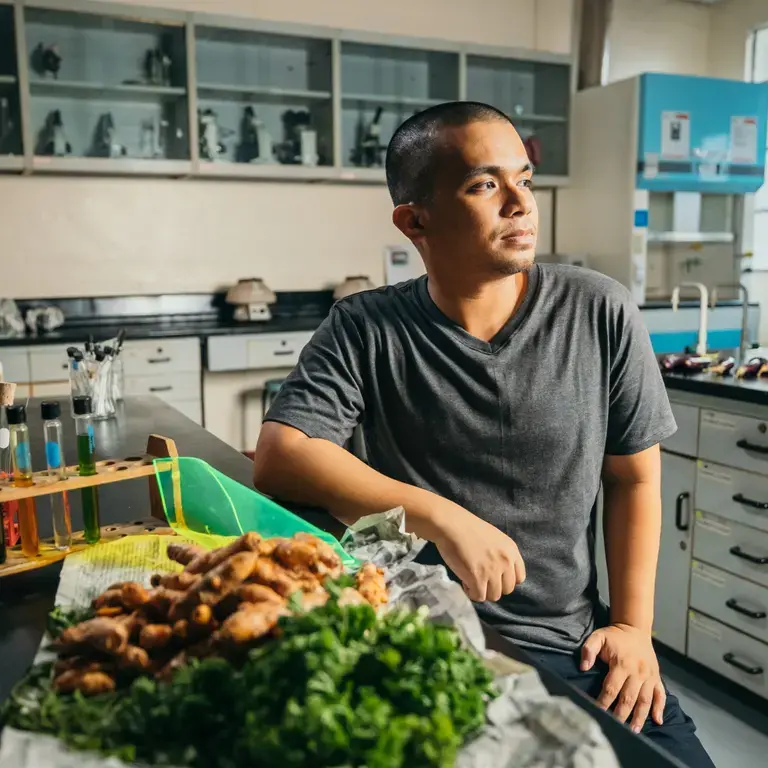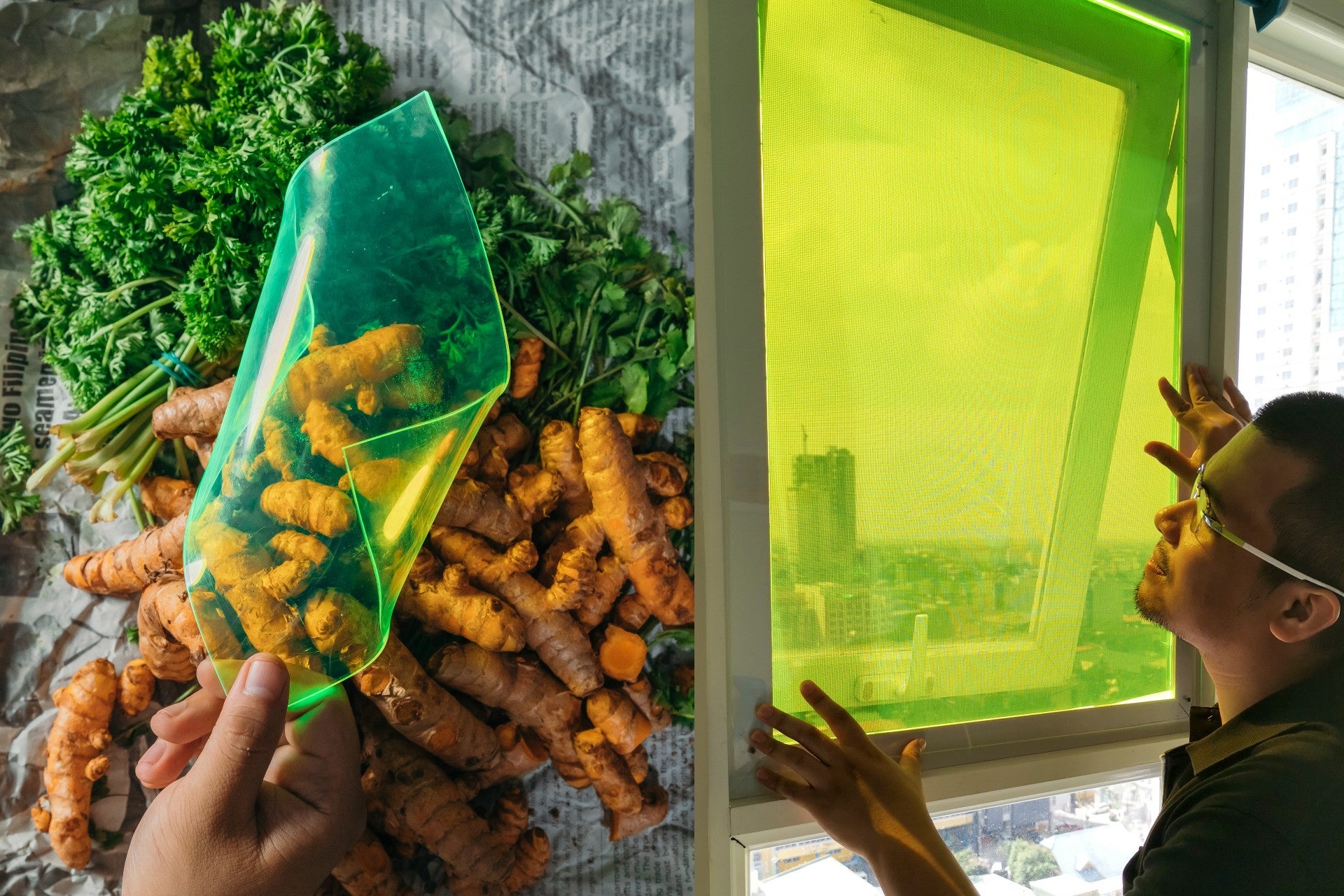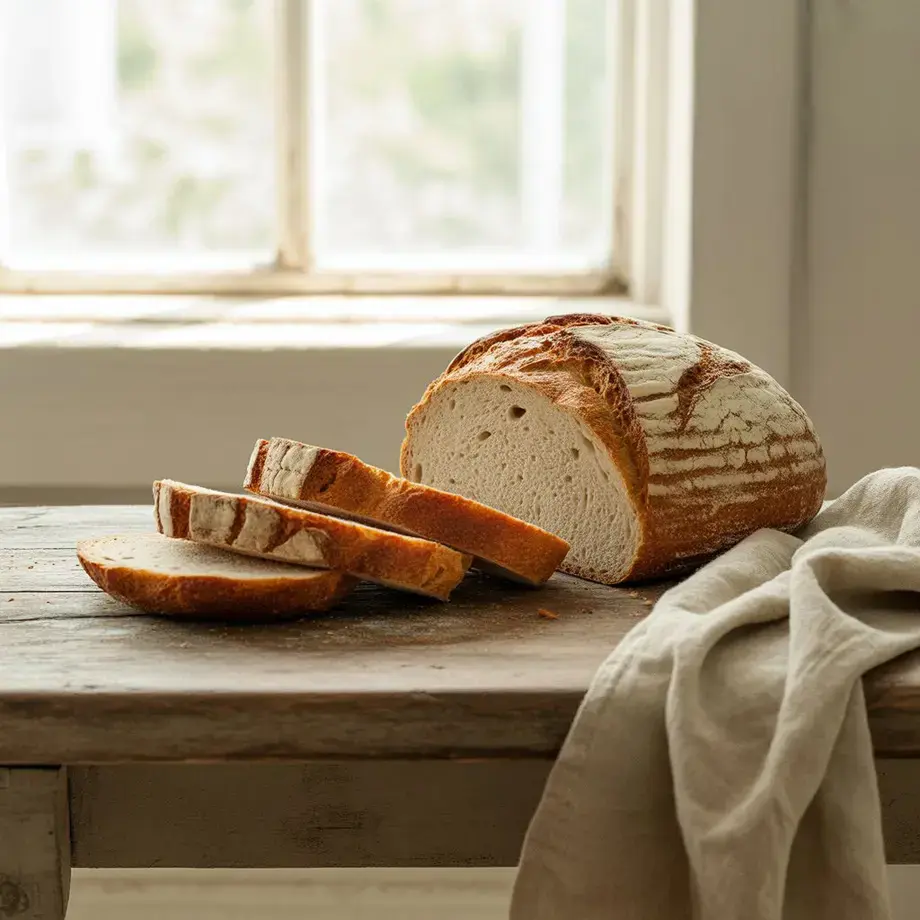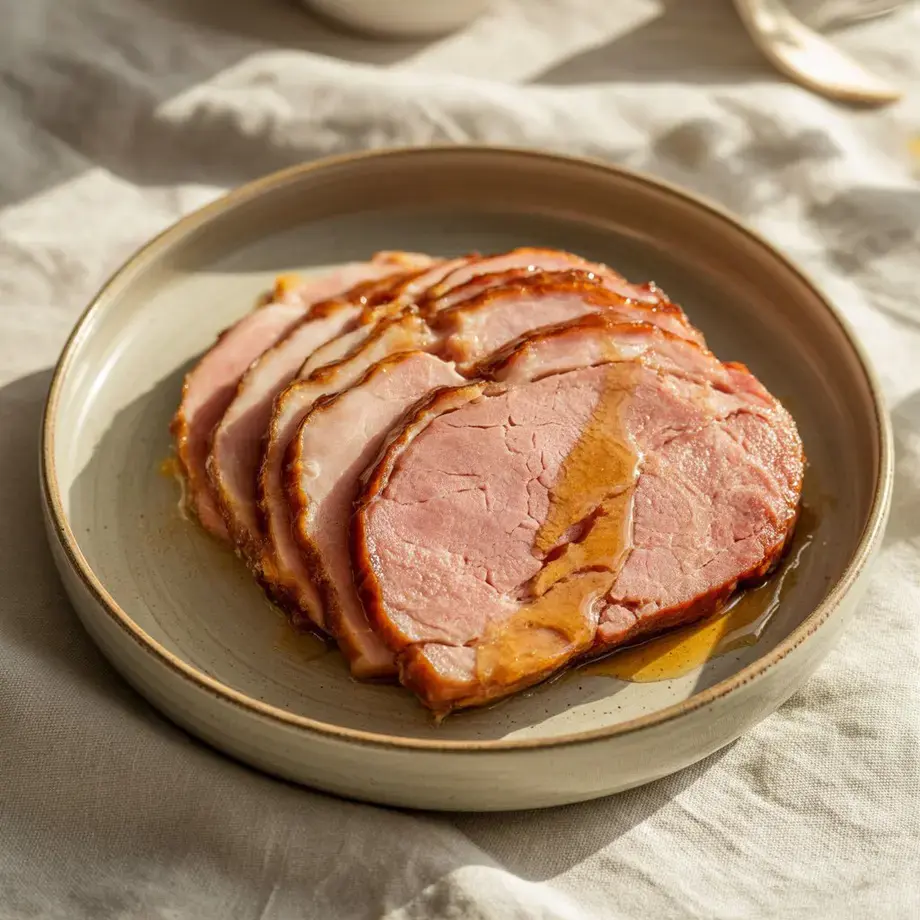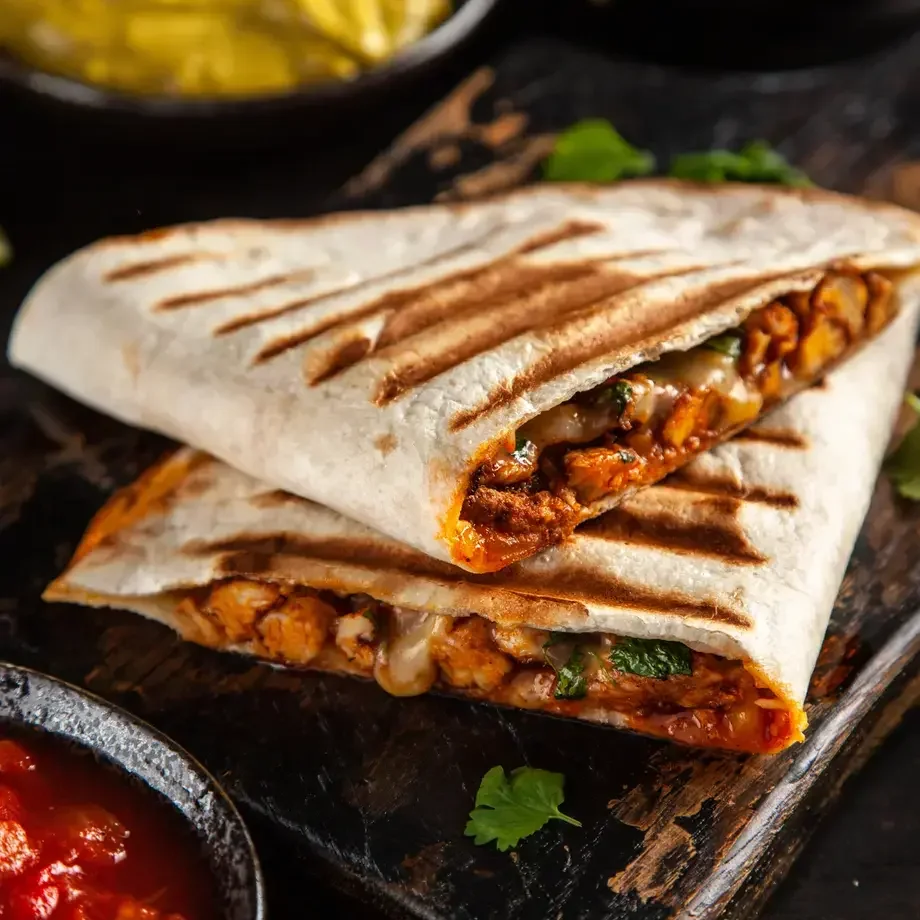One of the main problems with solar panels is that sunlight is not constant, which means standard solar panels only generate power 15-20% of the time. Another major problem facing humanity as a whole is the amount of food that is wasted, which leads to the depletion of biodiversity and food poverty.
Carvey Ehren Maigue, from Mapua University, in Manila in the Philippines, is helping to simultaneously solve both problems with his invention, AuREUS (Aurora Renewable Energy and UV Sequestration), a solar panel derived from fruit and vegetable waste, that can generate power as much as 50% of the time.
When the panel film is hit by sunlight (UV), the particles absorb and re-emit visible light along the edges due to internal reflectance. PV cells are placed along the edges to capture the visible light emitted. The captured visible light is then converted to DC electricity. Regulating circuits will process the voltage output to allow battery charging, storage, or direct power to appliances.
How do AuREUS solar panels work?
Harvesting luminescent particles, the part of the plant that turns unseen ultraviolet rays into visible light, from fruit and vegetables, Maigue has created AuReus, a solar film that can be applied to windows or facades to generate electricity. The panels are able to utilise indirect sunlight such as that which bounces off walls or pavements and turn it into power. The innovation won Maigue the inaugural Sustainability Award as part of the James Dyson Awards in 2020.
